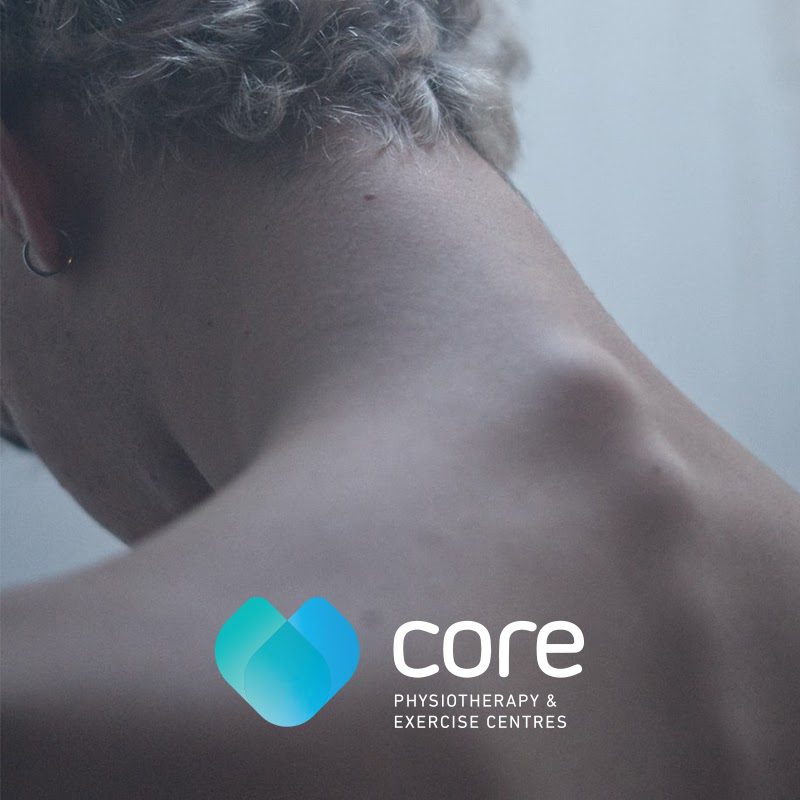
7 Painless Ways to Treat Muscle Tightness
Tight and achy muscles are something we’ve all felt, but sometimes we can suffer more than we have to. The feeling of tightness is not the same as the area being physically tight. However, the feeling itself of discomfort and pain is real – and you don’t need to live with it. So, what exactly is muscle tightness, and how can you keep it at bay?
The feeling of muscle tightness is an ambiguous term. This is because it can refer both to the physical property or sensation that you experience when your muscles are tense, as well as feelings of stress or anxiety reflected on your body. The feeling of tightness is not an accurate measurement for range-of-motion, nor does it reflect the actual tension or hardness in a muscle. For example, you may feel some tension in your hamstrings, but see no restriction in your range of movement during forward bends.
Causes of Muscle Aches and Tightness
Pain can exist even in the absence of tissue damage. Tight or aching muscles are essentially an alarm, and although these alarms can sometimes go off even when there is no real danger, many triggers may be worth addressing. Among these triggers are:
- Stress or Lack of Sleep
Muscle tightness and aching are typically due to stress or lack of sleep. Emotions can build up within us and express themselves in our posture and how we hold tension within ourselves. Without proper sleep to decompress, this can grow quite painful and uncomfortable.
- Rest Periods, Recovery and Posture
When your muscles are feeling sore, there’s a chance that you’re not giving yourself enough time between workouts. Rest periods are vital for your muscles to repair and grow stronger. Similarly, your muscles might feel stiff because you’ve been sitting too much during the day. Often, people who sit all day develop persistent stiffness and tired muscles.
- Conditions and Chronic Diseases
Underlying conditions such as Fibromyalgia, Arthritis or Chronic Fatigue can create intense mental and physical fatigue, and in turn, persistent tightness and aching in some areas. These conditions can make it harder to deal with the pain and discomfort.
- Inflammation
Inflammation occurs when tissue becomes irritated and swollen as a result of injury or disease. This swelling causes the muscle to feel tight and stiff, and this feeling usually decreases over time as the swelling goes down.
- Nerve damage
Finally, muscle tightness could be due to nerve damage from trauma or illness. This type of pain usually does not go away without treatment or physical therapy, but relieving the discomfort in the interim is important to your health and wellbeing.
Treatment for Muscle Tightness
Remember that discomfort is the communication from our bodies, telling us when we need a break – when your body is communicating with you, listen to the alarms and be kind to yourself. There are treatments for muscle tightness that you can do yourself at home.
For help soothing your muscle tightness after a long day, try:
- Stretching and/or foam rolling
- Strength training to increase mobility and resilience
- Remedial massage
- Magnesium soaks
- Exercise
- Yoga
- Increased water intake
Whether you’ve been experiencing pain or tightness in your muscles for a long time, or if it just started out of nowhere, you will likely find a simple solution to your tight muscles. The sooner you take action to loosen up those pesky knots and aches that have taken over your body, the better off you will be.
If you’re worried about an underlying condition or injury causing your discomfort, make an appointment with your physiotherapist today to avoid further exacerbating the issue. Don’t let muscle tightness stop you from living life fully– contact us now!
Book in with one of our paediatric, exercise, physio, or pain specialists via 1300 012 273 or head to our website and book a session at your nearest clinic.
